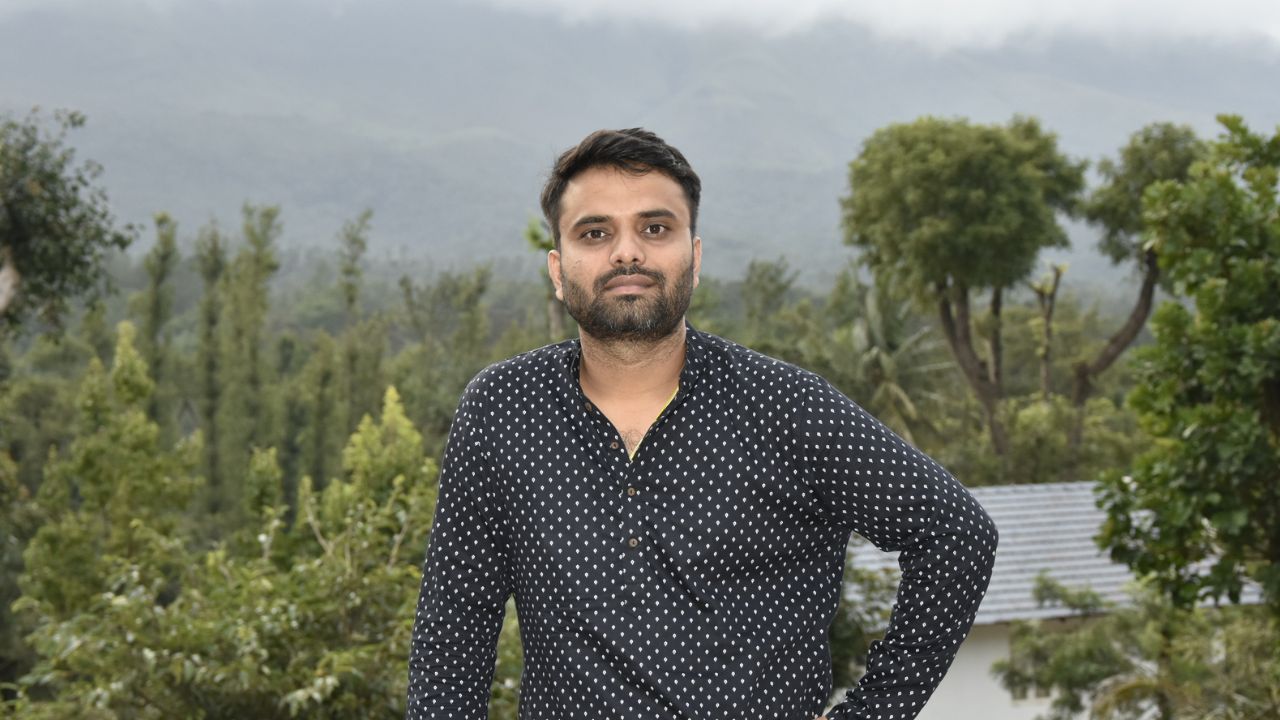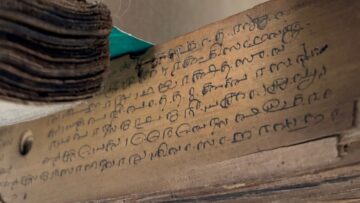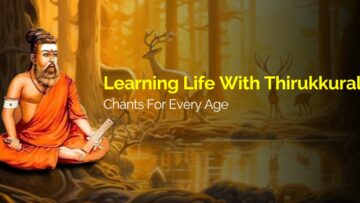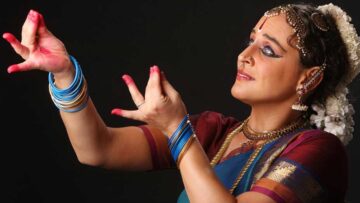Abhisek Kumar Panda has completed his MSc in Vedic Sciences and will be commencing his PhD at IIT Delhi for his research in IKS based public system/policy under Prof. Nomesh Bolia. Indica is proud to be part of his academic journey. In this interview he speaks about his research one of its aims being the development of a spiritually conscious paradigm for the institution of family that is non-local and non-physical. “The effort here would be to establish the universal purpose of the family. It would integrate all aspects from matter to consciousness.” He says this is necessary as the first communal system of human society can’t take a linear or narrow approach.
What chose you to choose the topic of the unit of family for your PhD? Was it something you studied in your Masters?
My master’s was in Vedic sciences from MIT School of Vedic Sciences. I had studied sociology and polity in depth. There are a few institutions that have made our civilisation flourish. Temples, Jati-Kula, Family, Rashtra are noteworthy. Family as an institution is under severe attack today, due to policies made under Western thought models and ideologies, and this is the last fort standing. But there is very little awareness of this. Such social institutions help individuals walk in the path of Purushartha. Hence, I choose the subject.
There are many examples of family functioning as a unit in very traditional systems. Such as the Guru and Guru Patni and how they are seen a unit in terms of the role they play. How is modernism changing the role of such traditions?
Modernism, especially the liberal ideology of individualism and rights-based narrative is leading to the breakdown of traditional structures. There is no space for lokakalyanam and lokasamgraha which were the foundations of these institutions. All this arises due to the duality of matter and spirit principle in enlightenment ideas. There is no integral link with the individual pursuit of artha and dharma, or annamaya kosha is cut off from vijnanamaya kosha. When seen in the context of family, we find that the policies and ideologies influencing via academia, media or state actions are hampering this spiritual evolution of the jiva.
How is the shift from community to individual is going to impact the transmission of knowledge regarding our culture?
There are two/three ways in which external impact on Indian culture is addressed. One is accepting the western culture as superior and Indian as inferior. Two, trying to accept the good in western culture. While first one is suicidal, the second one doesn’t help either.
Manifestations of ideas in institutions don’t happen in silos. It is not possible to accept good and reject bad. Things don’t exist that way. The way ahead should be transformation of western ideas under the Indian/Dharmic paradigm. So when we talk about knowledge transmission and the individual, the idea of the individual must be understood as a jiva. Not as a blank slate of John Locke, or Cartesian duality of matter and mind or Marx’s idea of material creative being. If we can transform this through institutions and policies, we will bring the renaissance that our Rishis like Swami vivekananda and Sri Aurobindo talked about.
You want to study family as a system without it being linked to geography or race. Is this possible and feasible?
Definitely, family systems varied with geography. But the principles or spirit was common, the structure varied. Nowadays, universalism is an idea under whose grip we are living. So drawing from the earlier point, I am trying to find the universal principles of family under Dharma/Indic systems and what could be policy response.
How do you think issues such as feminism, gender role shifts, nuclear family structures impact how people relate to these ideas at home?
An Indian critique of feminism, gender study would be they lack understanding of lokakalyanam or universal consciousness, since they lack an integral understanding of matter and spirit. So the ideas of Rna, kartavya, karma are lost as they emanate from spiritual understanding. In fact, they accelerate lower-order vrittis in people. Identity politics shrink the identity of a jiva. So the emancipation of jiva through dharma is lost and we find pursuit of anartha.
What concepts of IKS would you be looking at in your study – the grihasthashrama, the role of pitrus, the veneration of parents? What impact do you hope to create with your study?
Currently, my research proposal is evolving. While I am looking at Sri Aurobindo’s integral philosophy and Panchakosha and Purushartha, varnashrama model, the IKS concepts of rina, pitrus would be looked at in due course.
The research will be divided into three major parts. Developing a spiritually conscious paradigm for the institution of family that is non-local and non-physical. The effort here would be to establish the universal purpose of the family. It would integrate all aspects from matter to consciousness. This is necessary as the first communal system of human society can’t take a linear or narrow approach. Secondly, critical evaluation of different prevailing paradigms and their policy manifestations using the above-developed one. The third part would be redesigning laws and policies related to the institution of family and marriage and state welfare schemes. It would finally lead to strengthening the knowledge transmission mechanism of the family and its future evolutionary role. There are signs of the family regaining the formal pedagogy functions in the form of home-schooling etc. Hence, a dire need to shape it through different policies. Statistical tools to validate would be given importance.
I hope to generate some policy guidelines as Hindu law and Uniform Civil Code have severe lacunas. Also, I look to create an index/report to counter Western reports of World Economic Forum and other NGOs. We need to reverse the gaze and judge based on our models instead of they pointing down our institutions as regressive etc.







